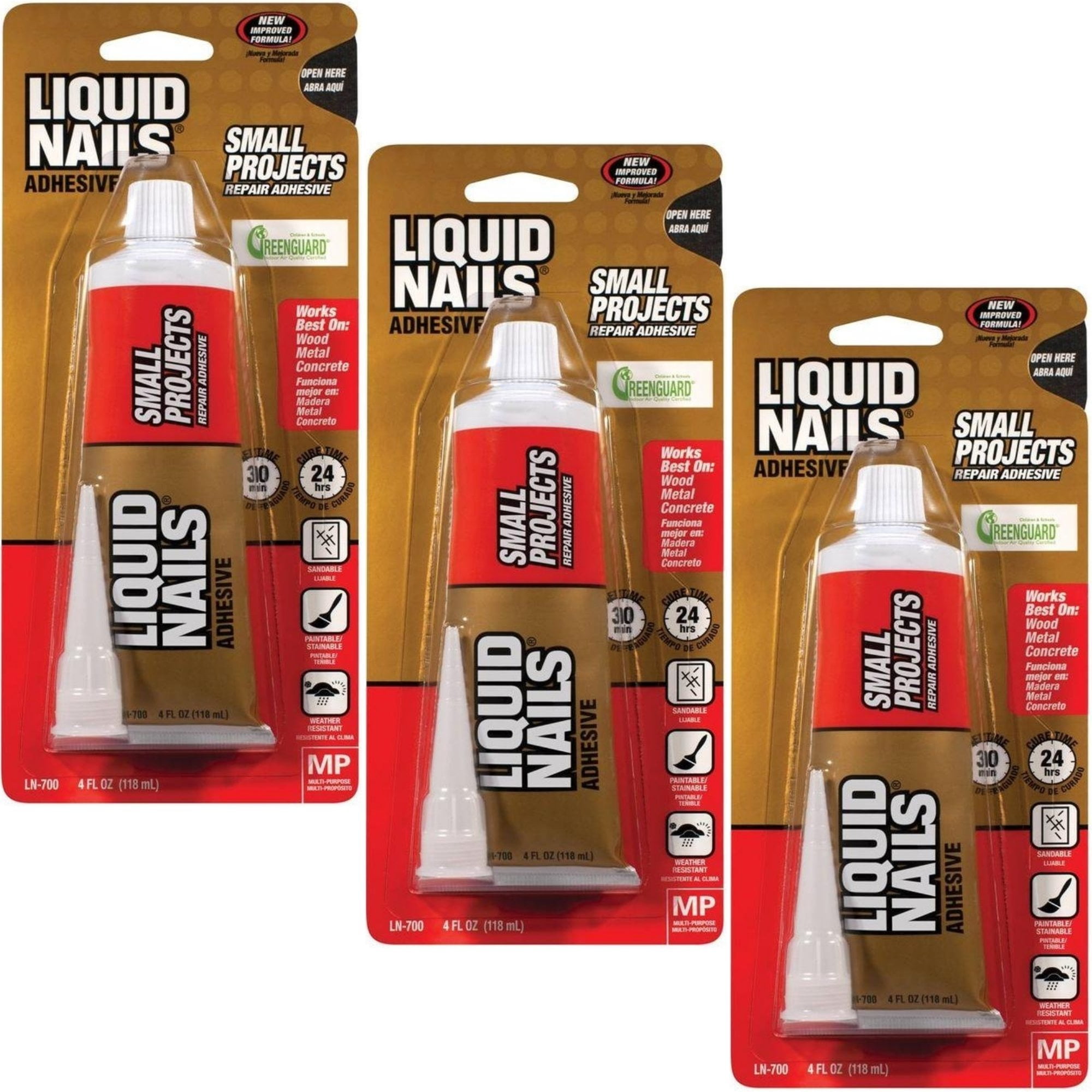

In fact, it can be used to bind a variety of surfaces together including wood to metal, plastic, and other types of surfaces. First, you should know that wood glue can be used on more than just wood. When it comes to wood glue, there are a few key factors to consider in terms of its variety of uses. Particularly, you can look at how each of these products can be used on a variety of surfaces (not just wood, interestingly), and then you can also determine how these products can best serve a specific purpose depending on the goal of your project. When it comes to comparing wood glue versus liquid nails, their variety of uses is a great place to start. With that said, let’s look at some of the main differences (and pros and cons) between using wood glue vs. Still, if you are wanting to use the industrial-strength that liquid nails can offer you, and you are prepared to use this product safely (and given the appropriate drying time), it can make quite a difference in the lasting impact on your final project. Specifically, you will find that wood glue is not quite as strong as liquid nails, but it is much easier, quicker, and safer to use on most projects. Wood glue and liquid nails can be compared in their variety of uses, drying time, the strength of the bond, safety (for use and removal), ease of use, and cleanup. Knowing some of the pros and cons of each of these types of structural adhesives can help you to make the right choice in which product to go with for your project. Truly, it is important to discover the various ways that using wood glue versus liquid nails will impact the final results of your project- whatever that might be. How Do Wood Glue and Liquid Nails Compare? To help you in your decision-making process, we have created a list of pros and cons to wood glue and liquid nails. While some do-it-yourself project amateurs would argue that wood glue and liquid nails are interchangeable, the pros would tell you that these two products, while serving the same general purpose, have differences that make them unique.

Still, both of these products definitely have their advantages depending on the type of project you are working on.

Wood glue is for smaller projects, safer, and easier to use and clean up than its industrial-strength counterpart. Both can be used on surfaces other than wood, although liquid nails will hold a stronger bond. Wood glue and liquid nails are both designed to create a bond between two surfaces. liquid nails, you will want to know the pros and cons of each and when one option would be preferable over the other. If you are contemplating using wood glue vs. Choosing the right product to use for your project can sometimes be an easy feat, but other times, it can take a bit more research into your decision.


 0 kommentar(er)
0 kommentar(er)
